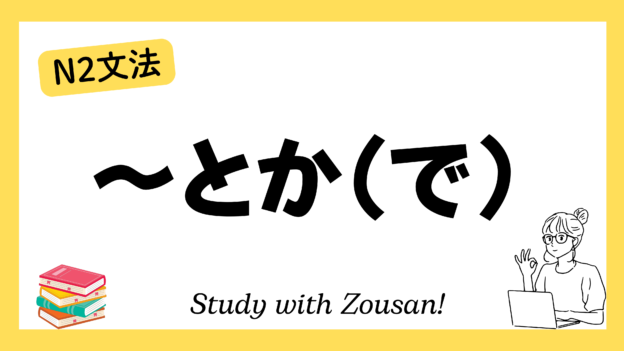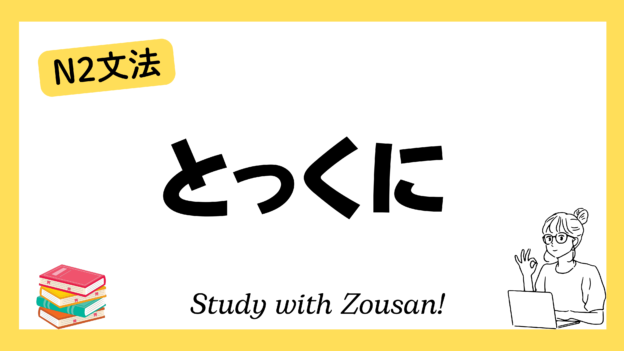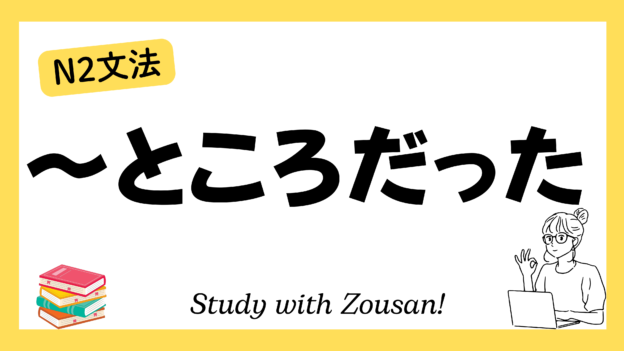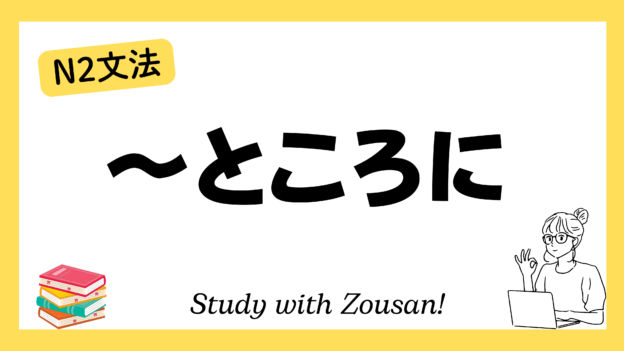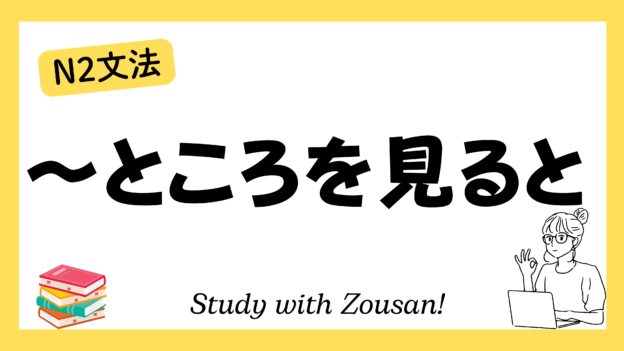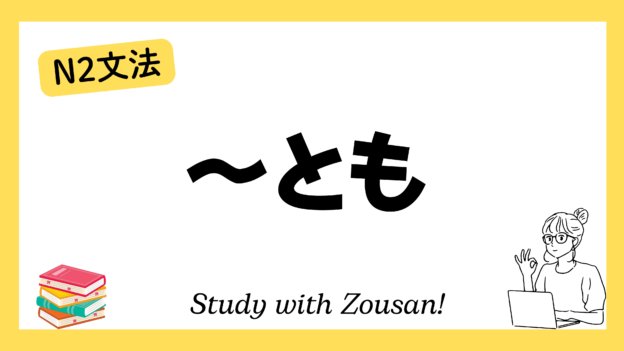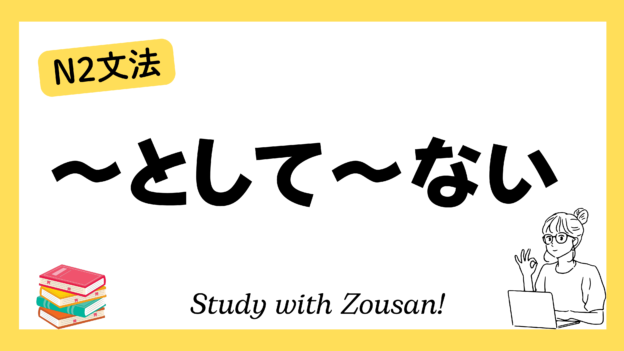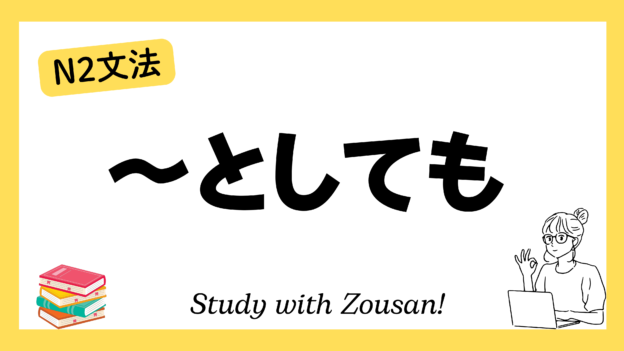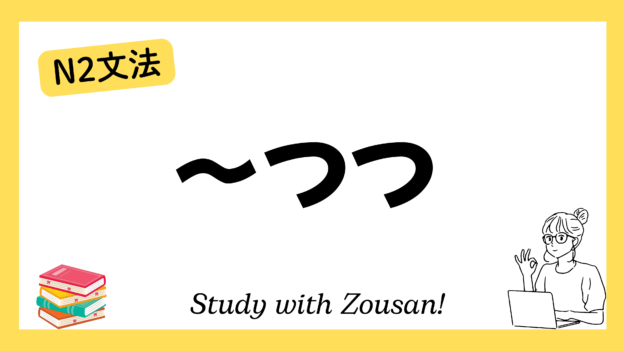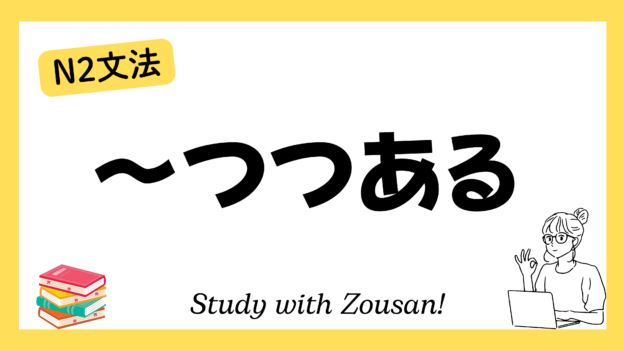Meaning: “I heard that…” / “It seems that…” / “Apparently…”
The structure ~とか(で) is used to convey information heard from others, but the accuracy of this information is not clearly confirmed. It often implies uncertainty, similar to hearsay or rumor, indicating that the speaker only knows the information indirectly and has not verified it.
※Note:
・~とか(で) is commonly used in spoken language and can be combined with verbs, adjectives, or nouns.
・This structure has an informal tone and indicates that the speaker is unsure or lacks detailed information.
Structure:
| Verb (casual form) | + とか(で) |
| Noun + だ | |
| な-adjective + だ | |
| い-adjective |
Example:
-
-
-
🌟 明日、雪が降るとかで、準備をした方がいい。
(あした、ゆき が ふる とか で、じゅんび を した ほう が いい)
I heard that it might snow tomorrow, so it’s better to be prepared. -
🌟 彼は会社を辞めるとかで、みんなが驚いている。
(かれ は かいしゃ を やめる とか で、みんな が おどろいて いる)
I heard that he is quitting his job, so everyone is surprised. -
🌟 その映画は面白いとかで、人気があるらしい。
(その えいが は おもしろい とか で、にんき が ある らしい)
I heard that the movie is interesting, so it seems popular. -
🌟 彼女は来週結婚する予定だとかで、招待状が届いた。
(かのじょ は らいしゅう けっこん する よてい だ とか で、しょうたいじょう が とどいた)
I heard that she is planning to get married next week, and I received an invitation. -
🌟 新しい店がオープンするとかで、人が集まっている。
(あたらしい みせ が オープン する とか で、ひと が あつまって いる)
I heard that a new store is opening, so people are gathering. -
🌟 彼は試験に合格したとかで、すごく喜んでいた。
(かれ は しけん に ごうかく した とか で、すごく よろこんで いた)
I heard that he passed the exam, so he was very happy. -
🌟 この料理は有名なシェフが作ったとかで、高評価を受けている。
(この りょうり は ゆうめい な シェフ が つくった とか で、こうひょうか を うけて いる)
I heard that this dish was made by a famous chef, so it has received high praise. -
🌟 新しい法律が施行されるとかで、企業が対応を考えている。
(あたらしい ほうりつ が しこう される とか で、きぎょう が たいおう を かんがえて いる)
I heard that a new law is being implemented, so companies are considering their response. -
🌟 彼は最近忙しいとかで、全然会えない。
(かれ は さいきん いそがしい とか で、ぜんぜん あえない)
I heard that he’s been busy recently, so I can’t meet him at all. -
🌟 そのレストランは閉店する予定だとかで、常連客が集まっている。
(その レストラン は へいてん する よてい だ とか で、じょうれんきゃく が あつまって いる)
I heard that the restaurant is planning to close, so regular customers are gathering.
-
-


